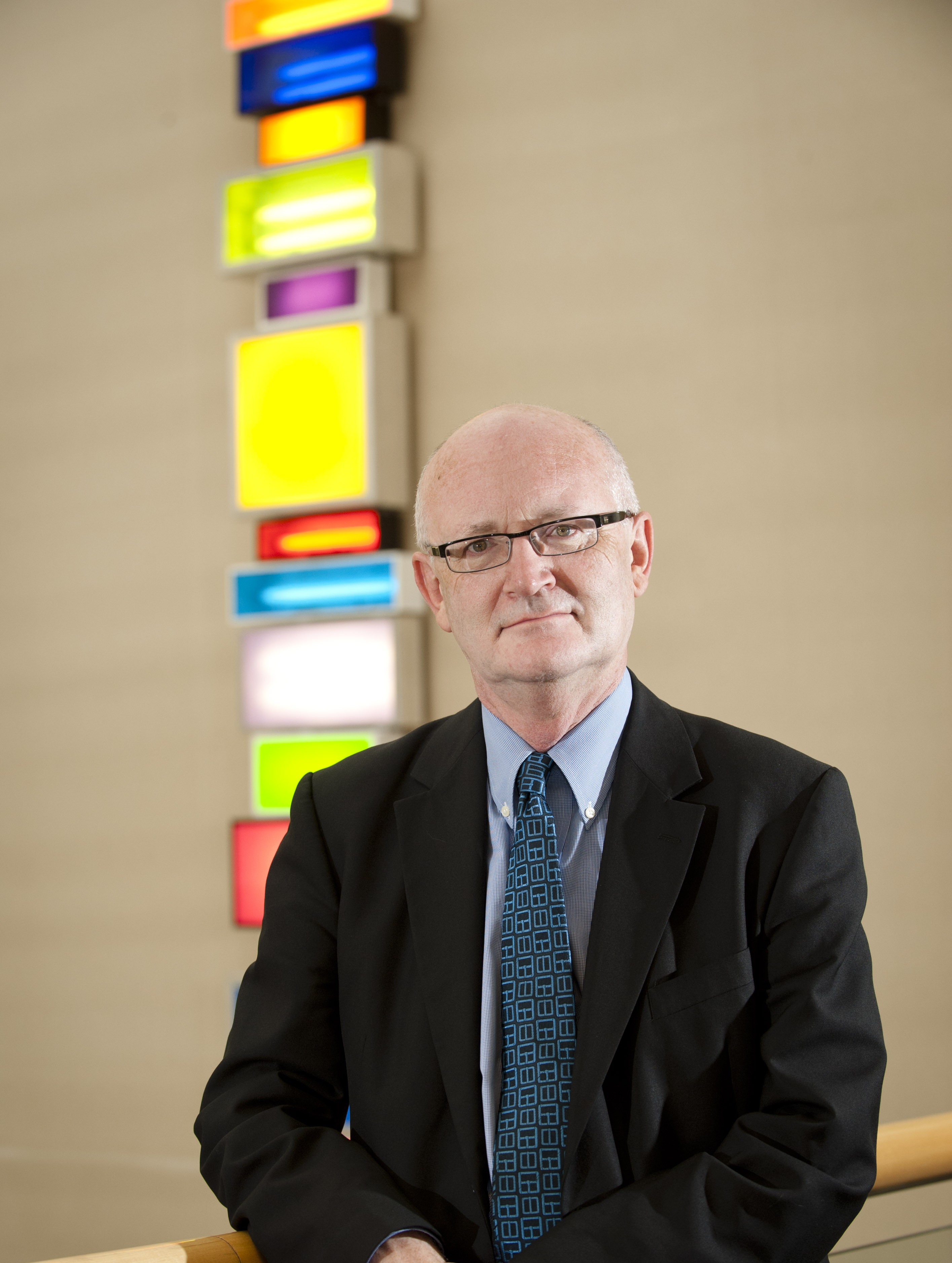Thrift supports uni vocational courses
Nigel Thrift, chairman of the Commission on the Future of Higher Education, said that bringing back the term ‘polytechnics’ for selected institutions “would signal that the university title and the university route are not the only form of high status in our system”.
The full report by the Commission, released on June 10, said that reviving the polytechnic status would give vocational learning, the boost of which it is in dire need, as the economy suffers from “significant shortages” of technical skills.
The paper also calls for sweeping changes to stop the steady decline in part-time students since 2010.
Part-time student numbers have dropped by 40 percent – 105,000 students – over two years, and the Commission argues that one of the reasons is restrictions on which part-time students can receive support.
“At a time when employers are cutting back on funding, we need to extend access to loans for more part-time students to help them with the cost of their fees,” said Prof. Thrift.
Warwick’s Centre for Lifelong Learning offers suitable part-time degrees to students with either family or work commitments.
The website says that students “can study at their own pace” over four to ten years, and the admissions procedure “allows sympathetic consideration of non-traditional qualifications”.
The authors of the report also argue that the vocational route should not be merely thought of as a “track for those who have failed academically”.
They recommended new ‘low-fee’ degrees for vocational students living at home.
Prof. Thrift added: “While many universities also provide such qualifications, a different title would protect a distinctive role for higher vocational learning.”
The paper also proposes new policies aimed towards boosting the number of disadvantaged students studying for degrees.
“Universities have a responsibility to expand opportunity by opening up higher education to those who have traditionally been excluded,” commented Mr Thrift.
“We also believe that universities should ensure that those who will become the leaders of the future are educated in institutions that bring together a diversity of talents and perspectives.”
One policy for helping disadvantaged students says that institutions should copy Ivy League American universities like Harvard and Yale, by offering lower entry grades to those who are from poorer backgrounds.
Such “contextual” offers would also take into account factors such as the applicant’s type of school, whether they have been in care, and their overall exam results.
Examples of funding and vocational courses can be seen at Warwick in the form of scholarships for teacher training.
The Institute of Physics offers 100 teacher training scholarships worth £20,000, which are available to students starting teacher training in the 2013-14 academic year.

Comments